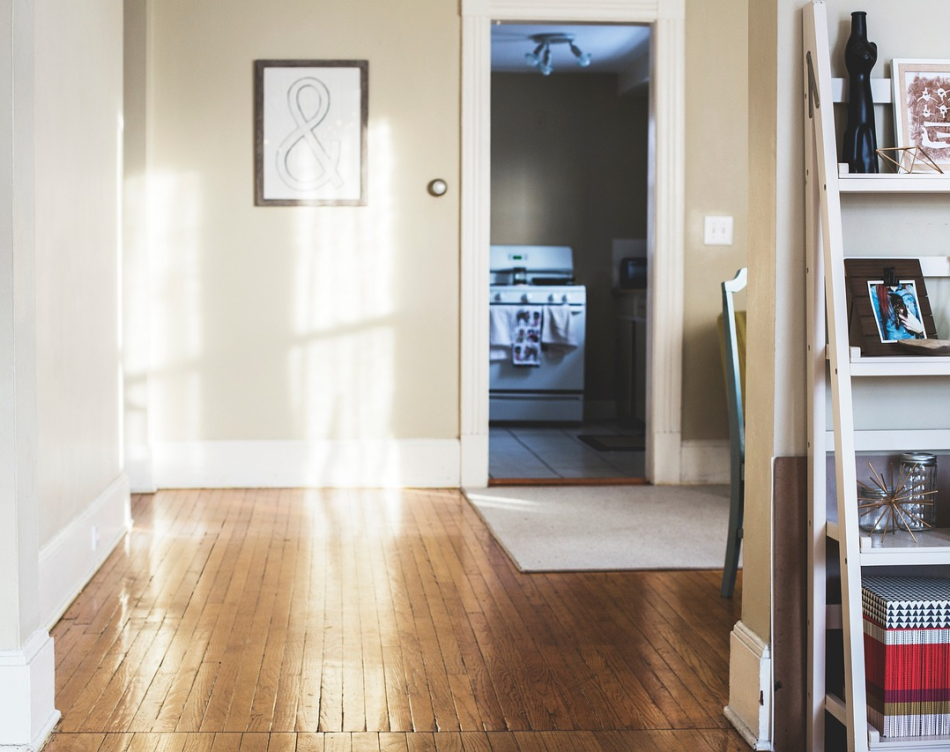Vas zanima študij pri nas?
Izpolnite spodnji obrazec za prijavo v program. V roku enega dneva vam bomo posredovali vse potrebne informacije o vpisu.
Construction & Civil Engineering

This thesis examines the modification of floor slab waterproofing and the transition to the Xypex waterproofing system as an alternative to bituminous waterproofing. It focuses on comparing both systems in terms of implementation, costs, durability, and long-term maintenance.
Traditional waterproofing methods, such as bituminous waterproofing, often require additional protection and are susceptible to mechanical damage and material aging, increasing the need for repairs. Advances in technology and material improvements have led to solutions that offer better durability and efficiency. The research employed time, cost, and technical analyses, based on actual data from a construction project.
Results indicate that the Xypex system reduces execution time, minimizes the need for additional waterproofing protection, and enables self-healing of minor cracks in concrete, contributing to improved water tightness and construction durability. Its application enhances the structure’s resistance to environmental factors, reducing repair needs and extending the lifespan of constructions.
Although the initial investment cost for Xypex is higher, its longevity and material resilience reduce the necessity for repairs, resulting in long-term savings. Another advantage of this system is its lower sensitivity to weather conditions, as waterproofing can be performed regardless of external conditions, providing greater flexibility during implementation.
The thesis also explores the use of artificial intelligence in modeling waterproofing systems, which allows for better predictions of material performance and the optimization of waterproofing technology selection during the planning phase. By leveraging artificial intelligence, various scenario analyses can be conducted, leading to improved decision-making in early project stages and cost reduction for repairs.
This approach contributes to more effective planning and enhancement of waterproofing solutions’ long-term quality. The integration of artificial intelligence in construction represents a step towards greater precision and rational resource usage, influencing project execution and increasing reliability. Furthermore, it reduces the use of harmful materials and extends the lifespan of structures, promoting sustainable development and better utilization of natural resources.
This enables environmentally friendly construction that adheres to ecological standards and minimizes negative environmental impacts.